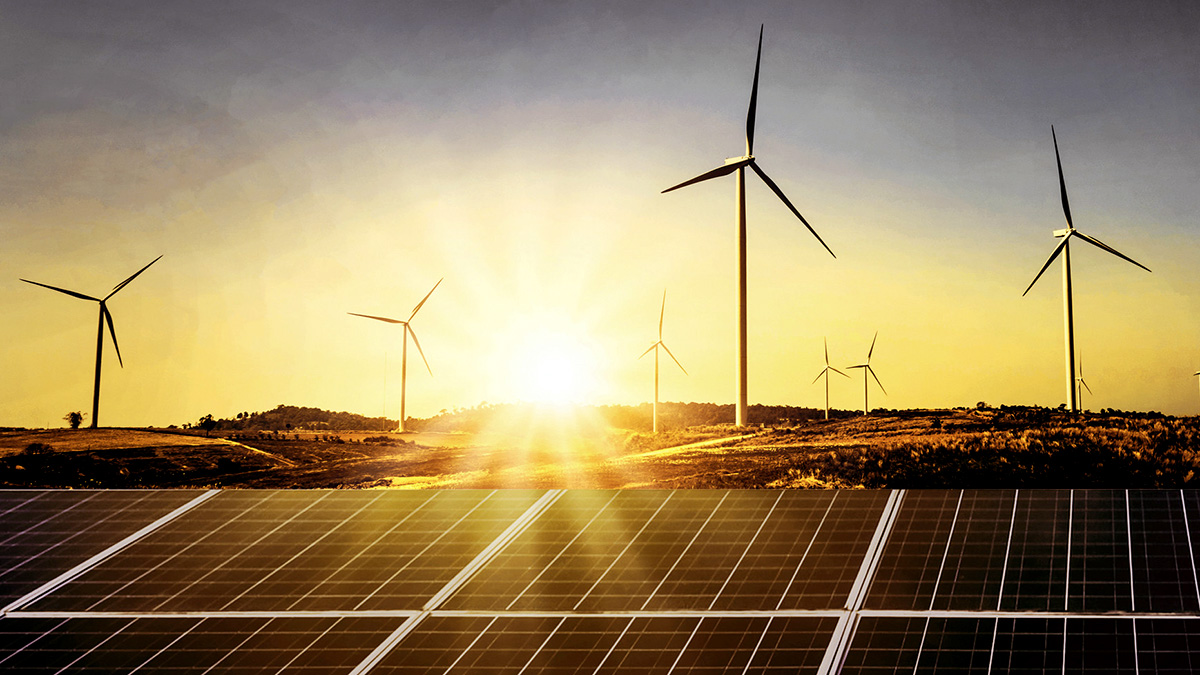As part of the fourth and final Energy Transitions Working Group meeting under India’s G20 Presidency, a side event focused on the crucial role of Decentralized Renewable Energy (DRE) in achieving Sustainable Development Goal 7 (SDG 7) – ensuring access to affordable, reliable, sustainable, and modern energy for all. Experts and stakeholders from around the globe gathered to discuss how DRE can bridge the energy access gap and contribute to just and inclusive global energy transitions.
Addressing the inaugural session, Bhupinder Singh Bhalla, Secretary of the Ministry of New and Renewable Energy (MNRE), emphasized that universal energy access is a core facet of the global energy transition, and DRE must be at the forefront of this endeavor. Highlighting India’s strong growth in renewable energy and rapid adoption of DRE applications, he asserted that India stands at the forefront of the clean energy transition.
Damilola Ogunbiyi, CEO and Special Representative of the UN Secretary-General for Sustainable Energy for All, stressed the importance of investments in DRE technologies. She urged the global community to treat the lack of energy access as an emergency and recognize DRE’s potential to increase production, foster economic growth, and reduce reliance on fossil fuels. The event witnessed the release of the ‘Compendium of DRE Good Practices for SDG7’ by the Council on Energy, Environment, and Water (CEEW), providing a guide for public and private sector leaders to mainstream DRE for SDGs.
Dinesh D Jagdale, Joint Secretary of the Ministry of New & Renewable Energy, pointed out that DRE is a key solution to meeting the rising energy needs. By tapping into locally available renewable energy resources, DRE systems can be tailored to meet diverse energy needs for households, institutions, and micro-businesses. Notably, in 2021, 179 million people gained access to electricity through DRE solutions, a significant increase from 35 million in 2012.
The side-event highlighted that DRE can provide energy access to remote areas with dispersed populations, complementing the centralized grid systems. It also focused on the need for long-term solutions to address the world’s energy needs and emphasized the importance of global cooperation, cross-learning, and the exchange of best practices.
RP Gupta, Chairman & Managing Director of Solar Energy Corporation of India Limited (SECI), stressed that for SDG 7 to be achieved, energy access must first be affordable. While DRE is a valuable solution for inaccessible areas, the main challenge lies in cost, particularly regarding battery storage for off-grid solar energy. Policymakers and power distribution companies (DISCOMs) were urged to promote feed-in-tariffs to encourage individual consumers to adopt rooftop solar solutions.
The side-event featured two panel discussions, exploring ways to accelerate DRE deployment for sustainable development goals at scale and ensure inclusive energy access through collaboration. Participants included users of DRE technologies in India, who shared their experiences, such as Kuni Dehuri, who uses a solar silk-reeling machine, Jalindar Mahindra Rout, a user of biomass-based cold storage, and Toshima Dahariya, a staff nurse at Chhattisgarh’s solarised primary health center.
A just and inclusive global energy transition requires universal energy access, and DRE plays a crucial role in achieving this goal. According to estimates by the International Energy Agency (IEA), without further action, around 660 million people in the Global South will still lack electricity access by 2030. However, with strong growth in renewable energy and an increased focus on DRE, there is hope for a more sustainable and equitable energy future.












